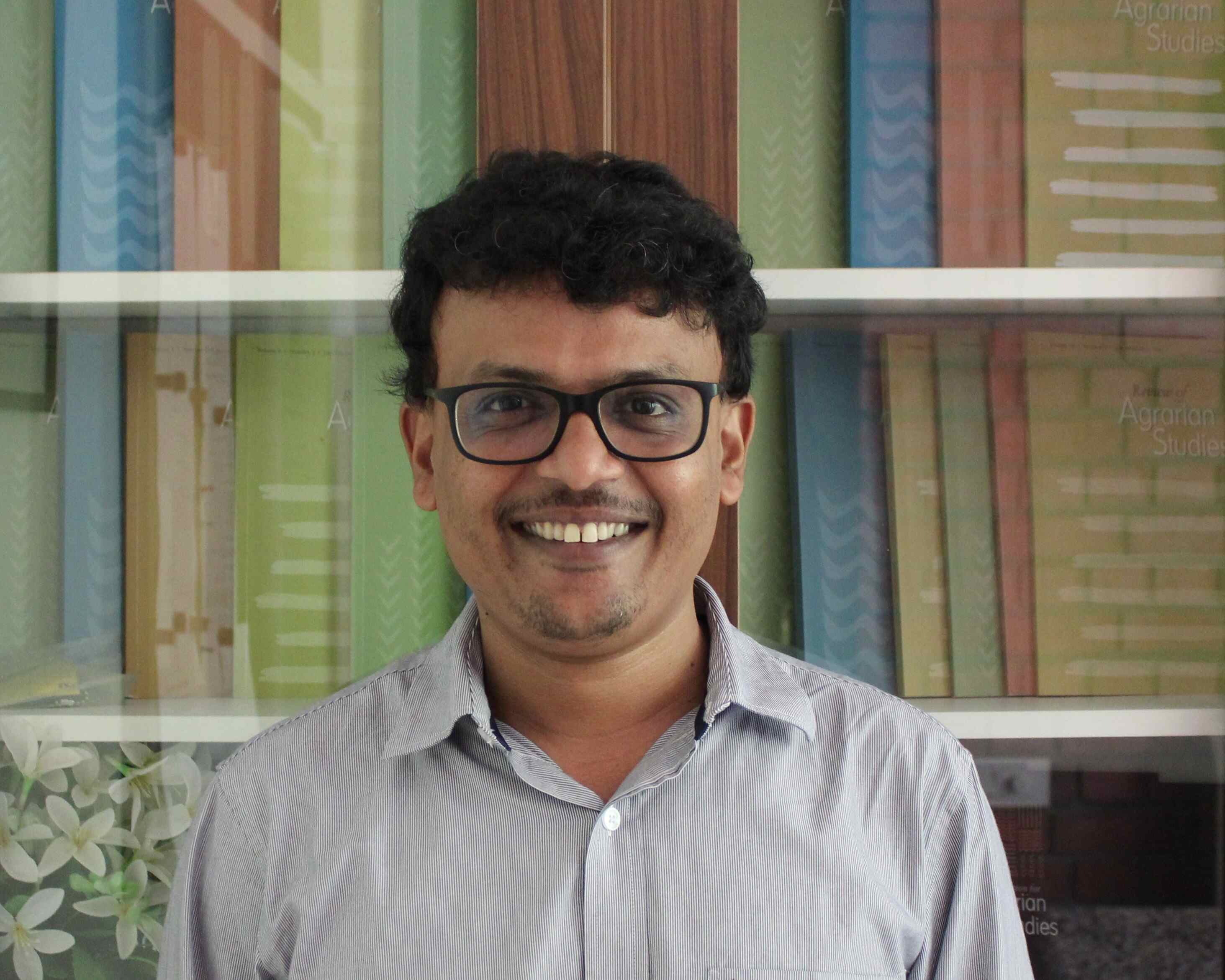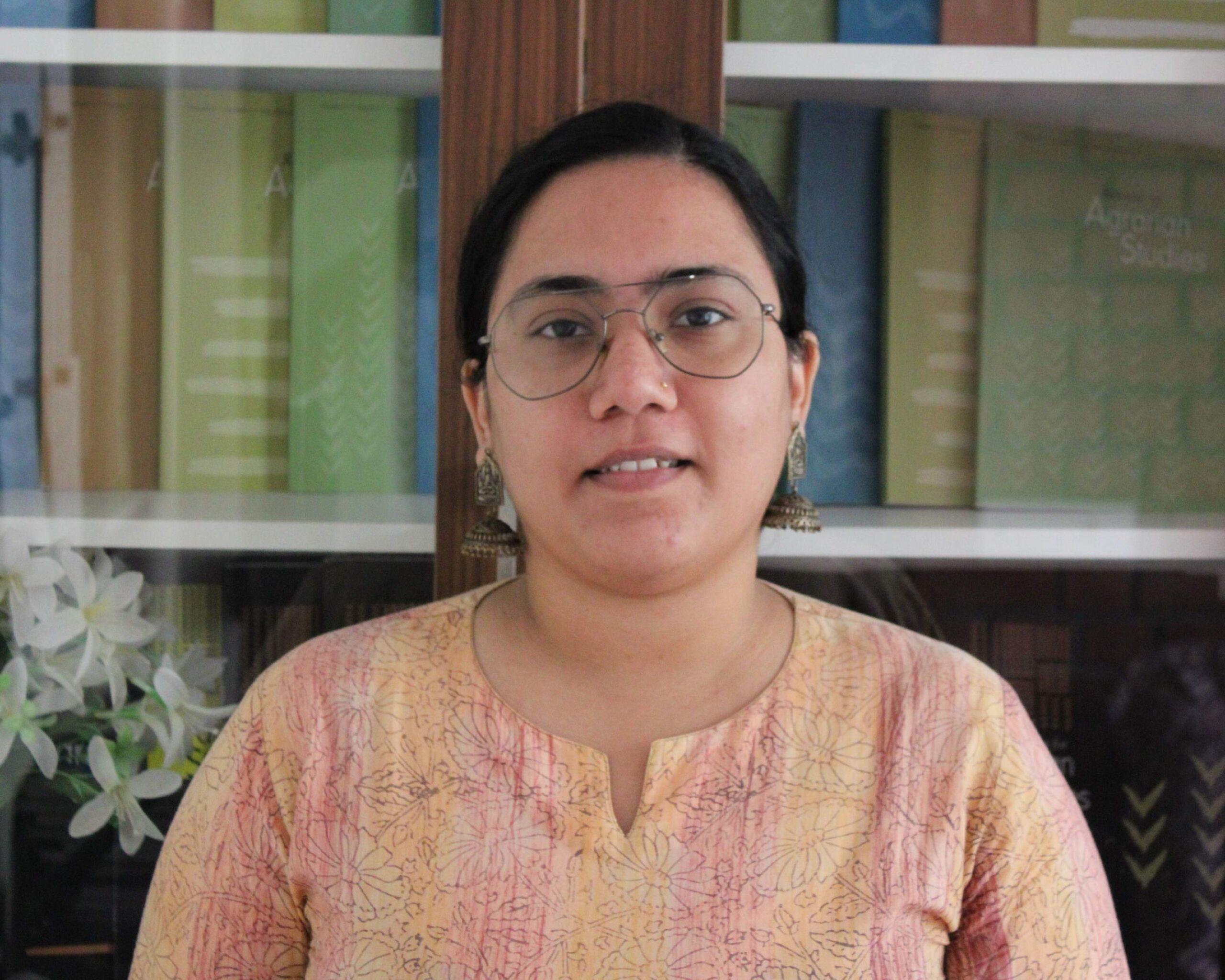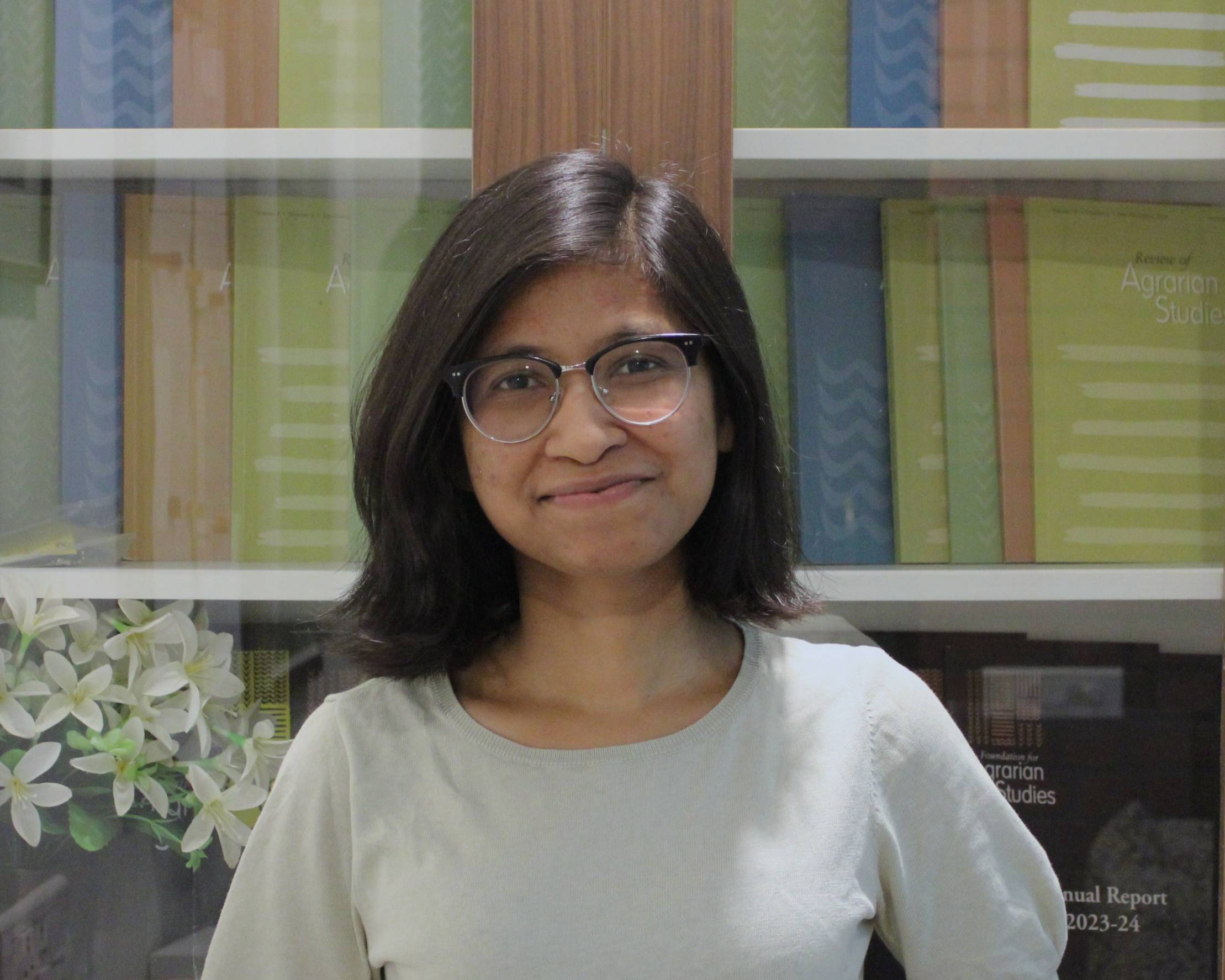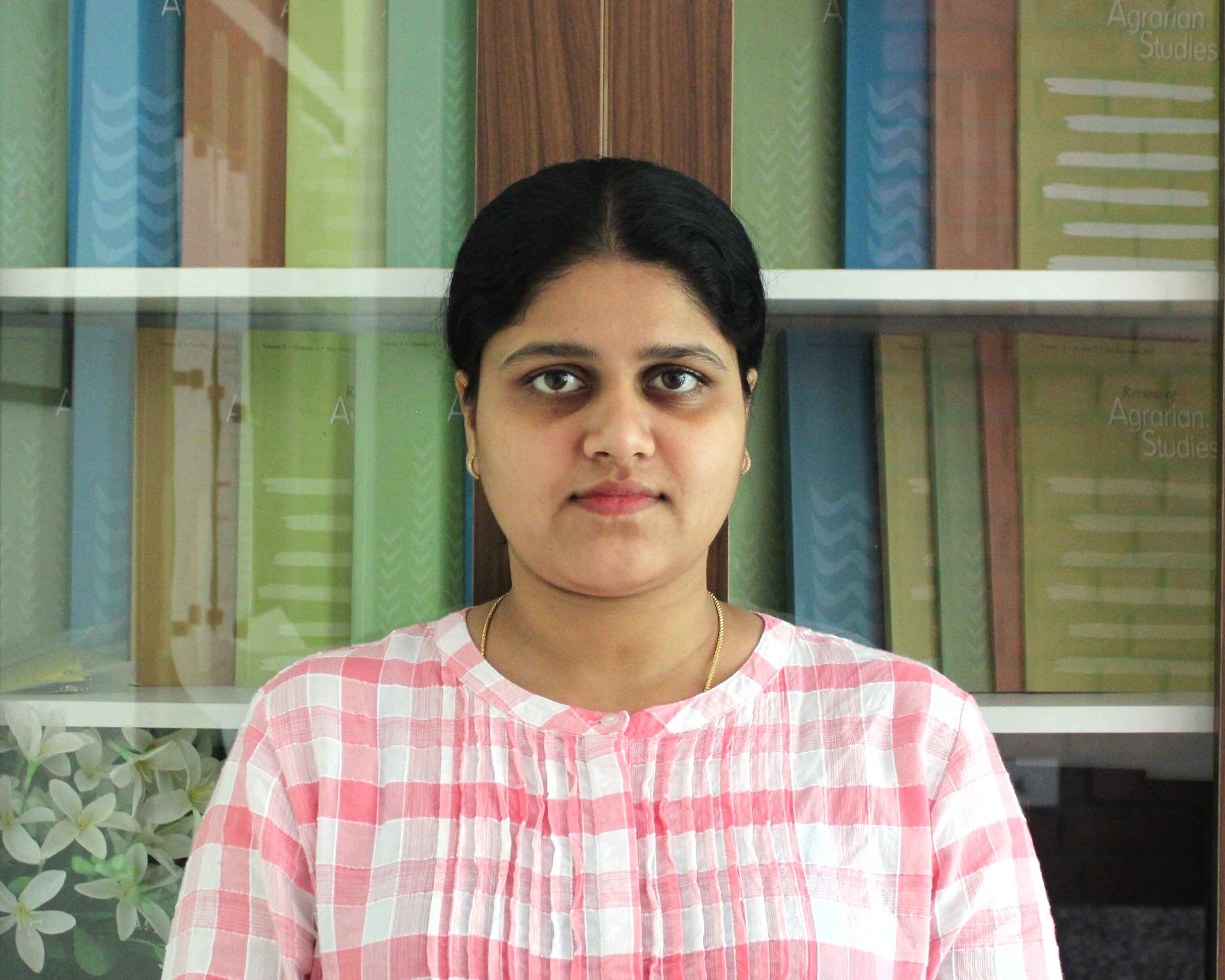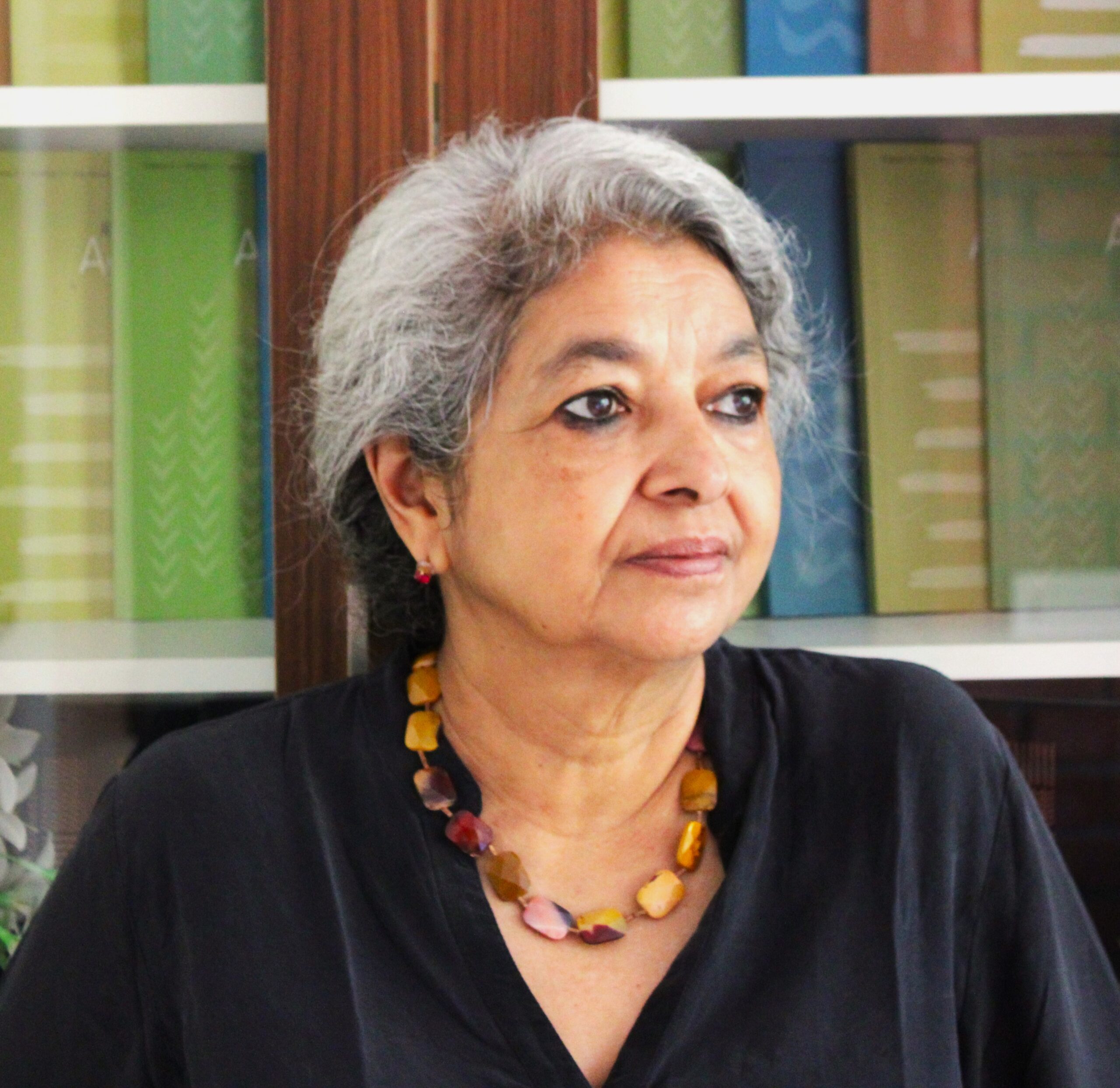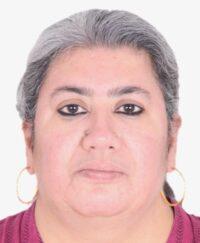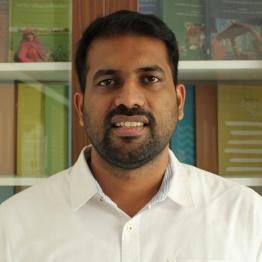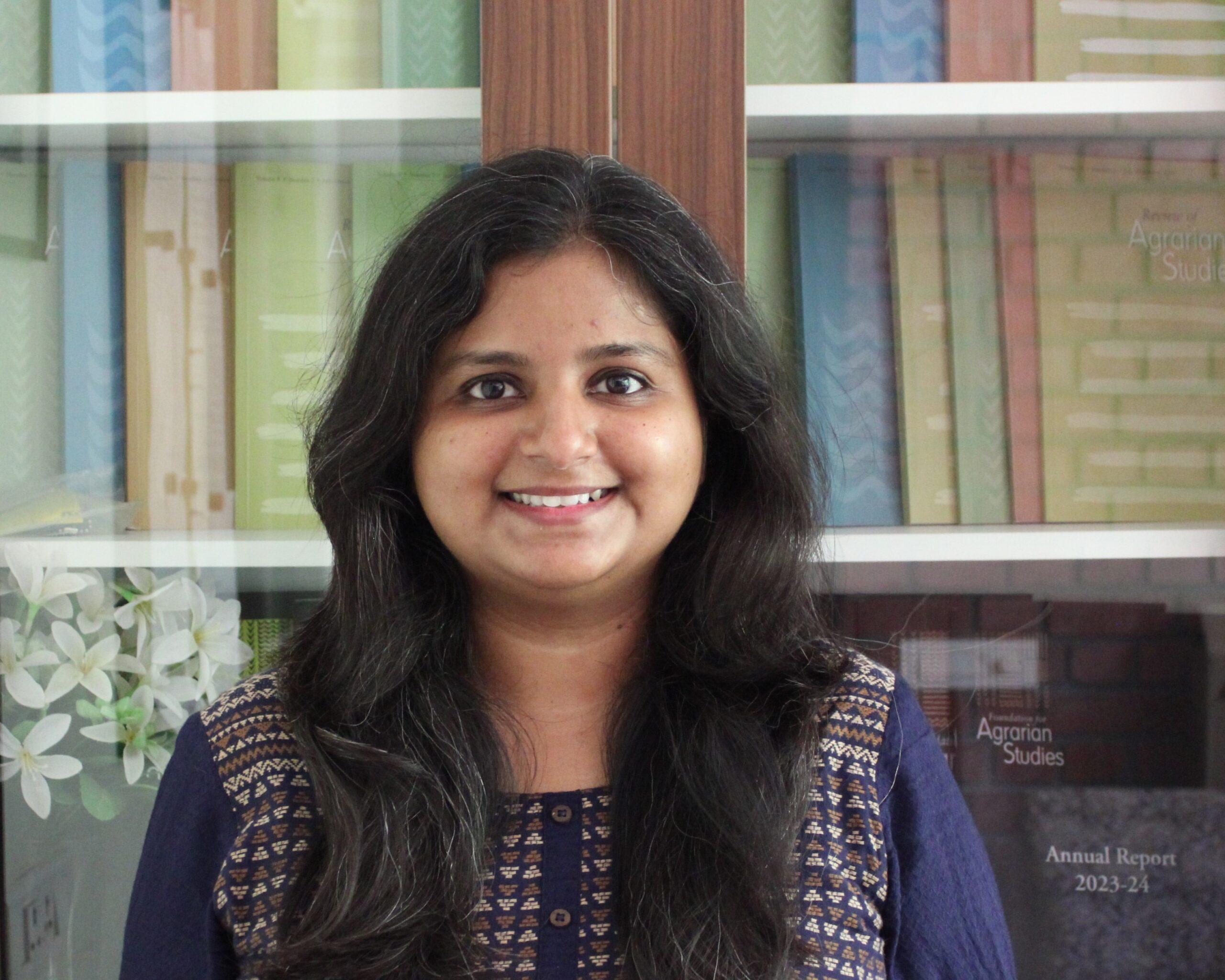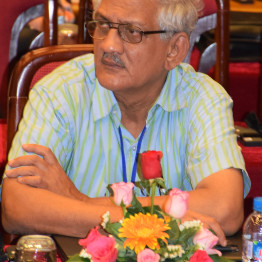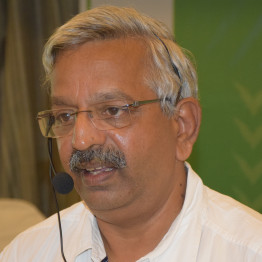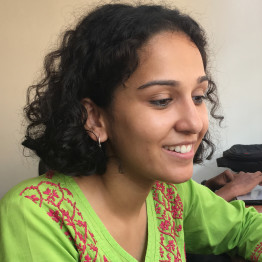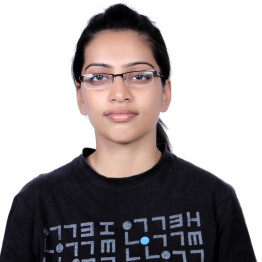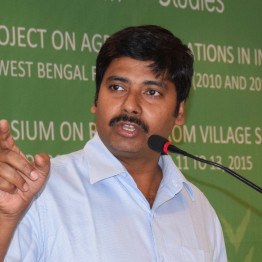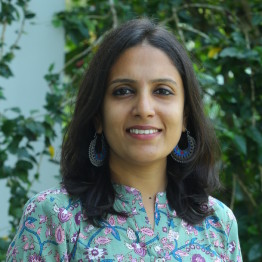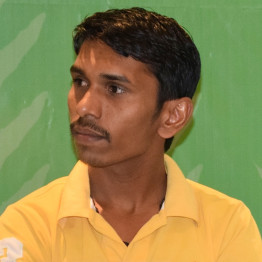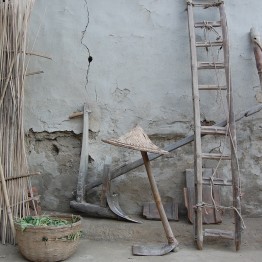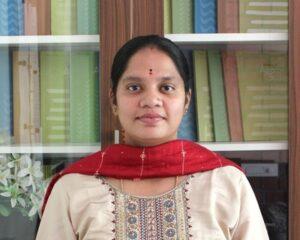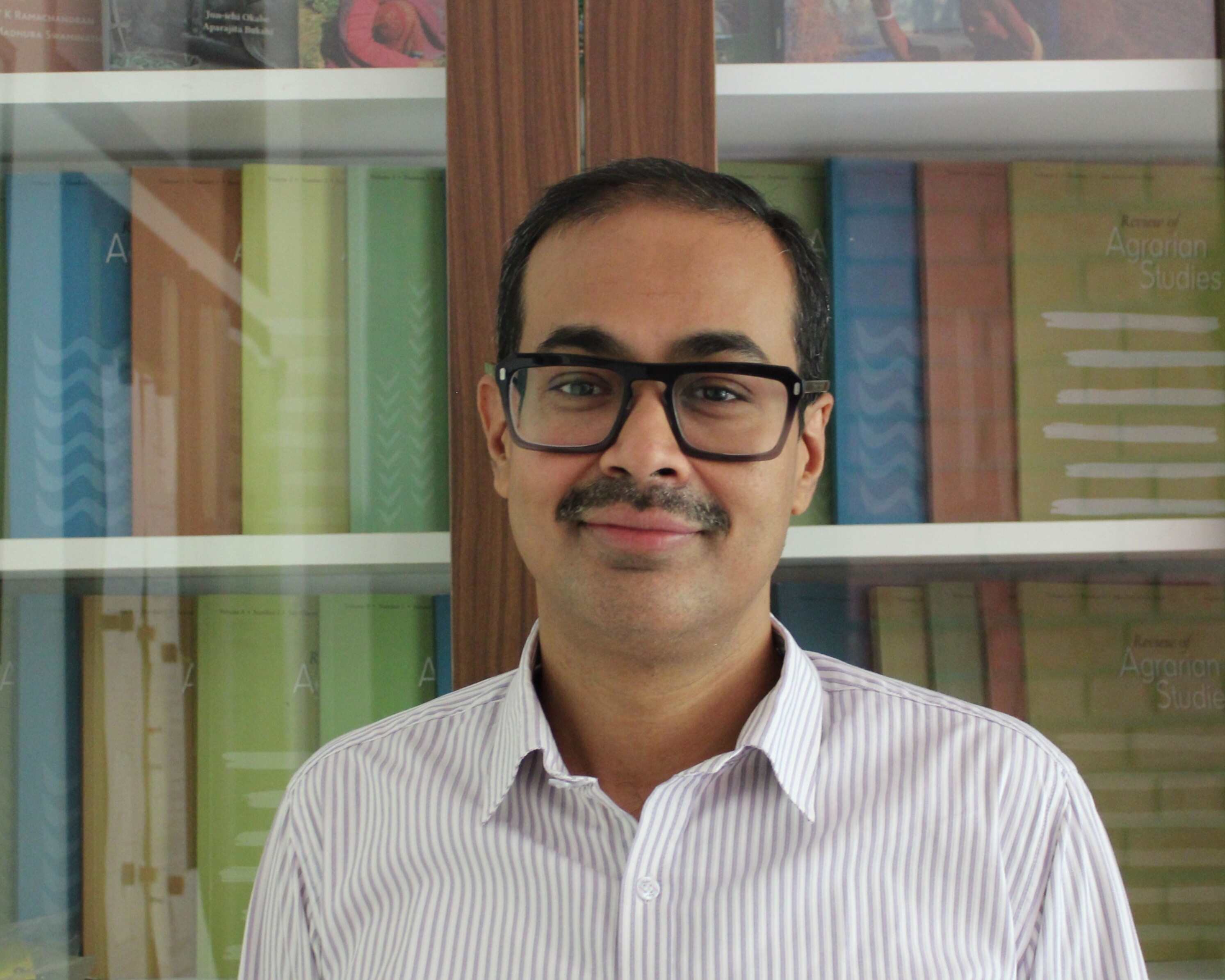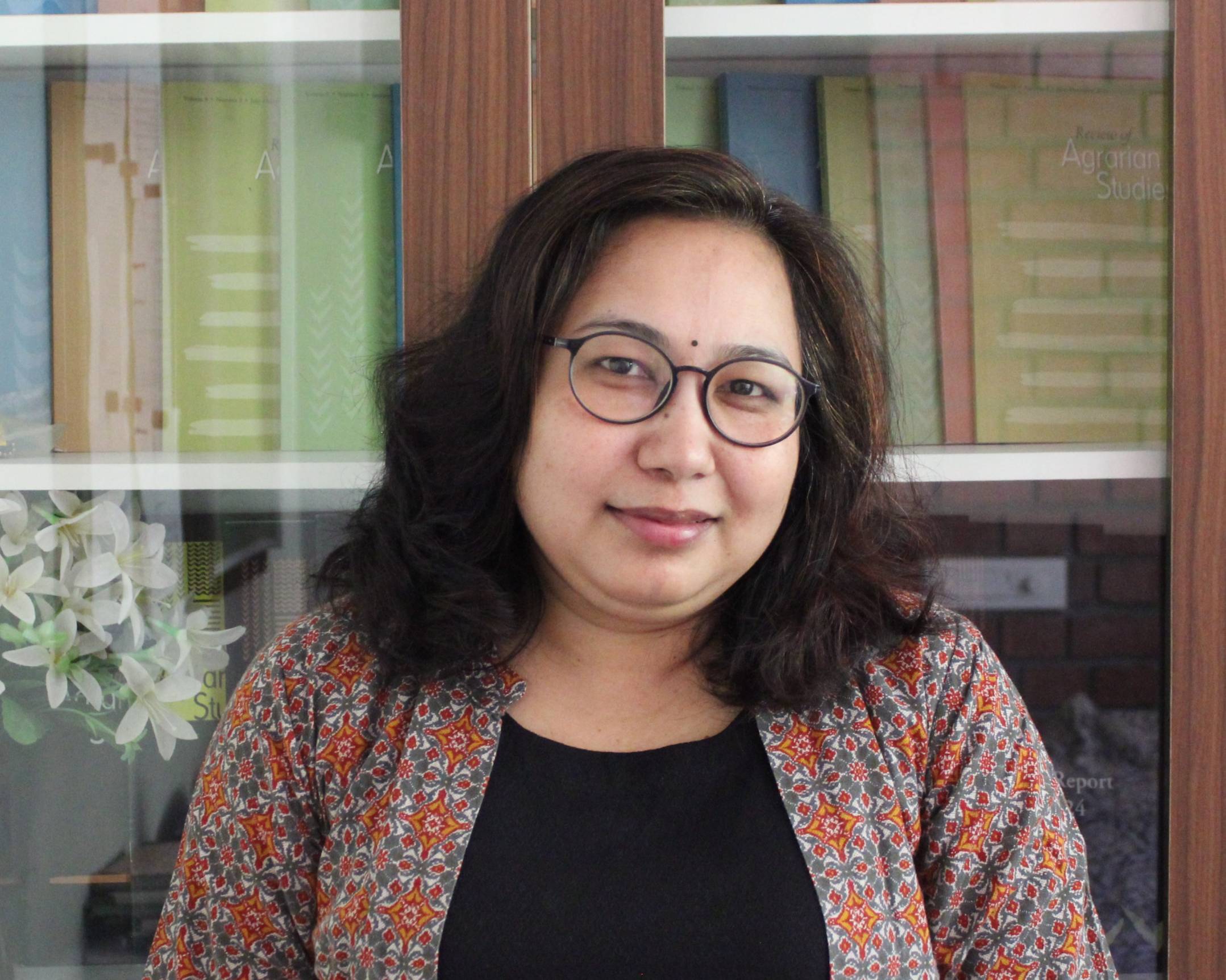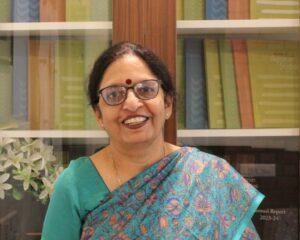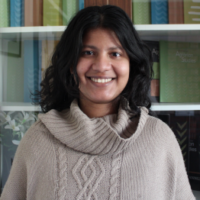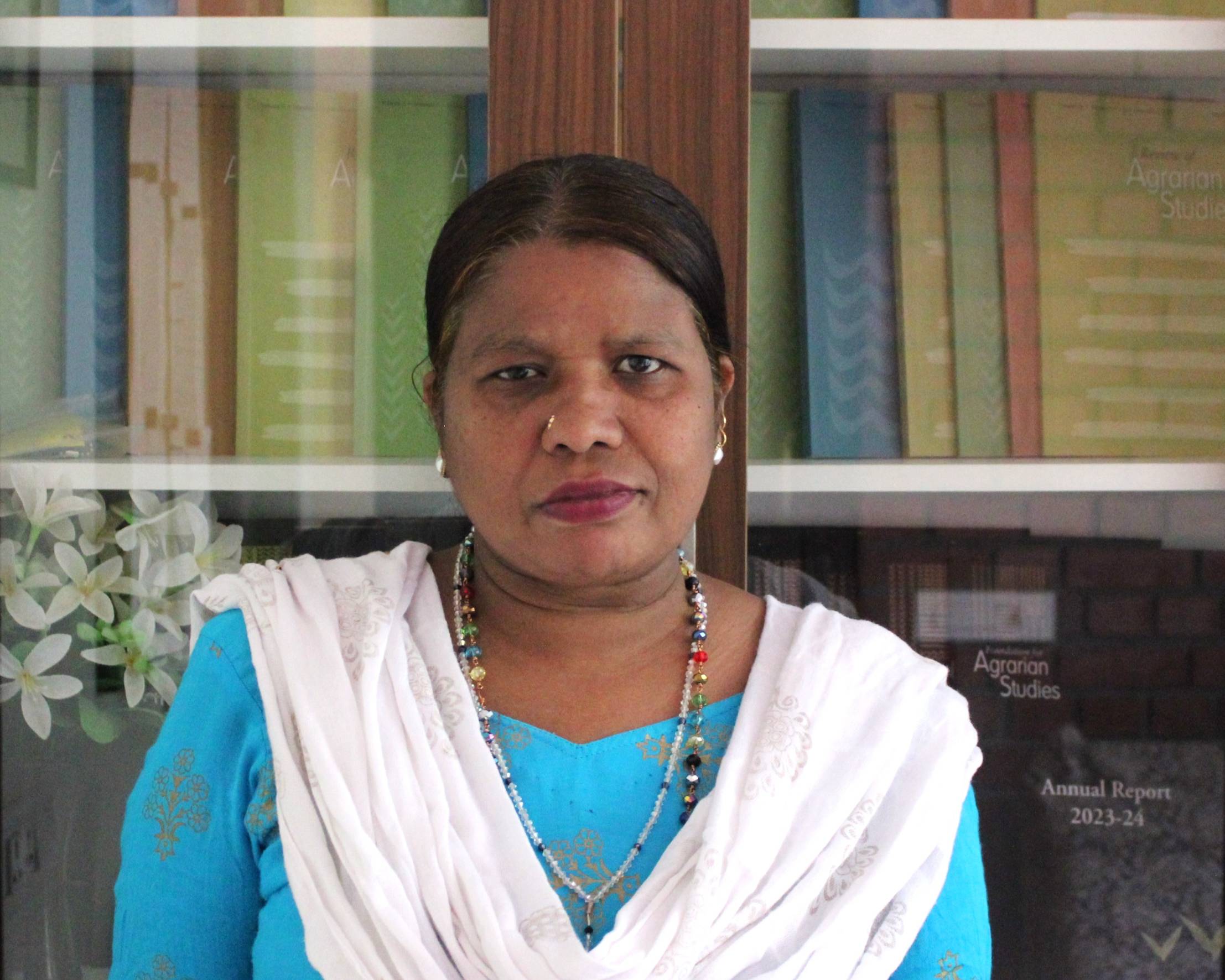As part of the project titled “Women’s Work in Agriculture and Rural Production in India”, the Foundation for Agrarian Studies conducted a week-long pilot time-use survey of women in Siresandra village of Kolar district from May 11 to 19, 2017. Fourteen women from different socio-economic backgrounds were chosen for the study. These women were interviewed two times a day for a week continuously to understand their participation in different activities.
One of the striking features of this village is the role played by women in animal husbandry. Women spend a significant portion of their day in different animal-rearing activities, such as collecting water and fodder for animals, feeding water and fodder to animals, milking the animals, washing them, throwing away the dung,and selling the milk to women’s co-operative dairy in the village.
I would like to describe some important features of the women’s cooperative dairy in Siresandra village and the role it plays in the livelihoods of the women. Women play a major role in the functioning of the village co-operative dairy. On average, milk collection each day (morning and evening)at the Siresandra women’s co-operative dairy is 500 litres. The milk is sold directly by the women to the village co-operative dairy with no middlemen involved in the process. A total of 45 milk cards were registered in the names of women of Siresandra village (this is a small village of around 90 households). The average amount of milk sold by a household during our survey was in the range of 5 to 11 litres of milk per slot (or 10 to 22 litres per day). For each litre, the seller gets Rs 25, of which Rs 20 is paid by the dairy and Rs 5 is a subsidy from the government. The women receive payment once in 15 days. A household selling 22 litres a day thus receives Rs 8,250 every fortnight.
The milk deposited by women in the village co-operative dairy is collected by the Kolar Chikkaballapura Milk Union Limited (KOMUL). Our survey team visited KOMUL, where milk is processed further to prepare pasteurised toned milk, or long life milk, skimmed milk, and double-toned milk. A range of dairy products including curd, buttermilk, ghee, cheese, and milk sweets (peda), are prepared at this factory. “Smart” double-toned milk is a new product characterised by reduced fat of 1.5 percent and supplemented with Vitamin A and D. Milk of different varieties is packed in sachets of 100 ml, 250 ml, 500 ml and 1000 ml in order to cater to the demands of different types of consumers. For example, pasteurised toned milk and curd are sent to Bangalore, Chennai, and various cities of Andhra Pradesh on a daily basis. “Goodlife” branded milk is sent to Indian army units in northern States of the country as it can stay fresh for 90 days.
The average collection of milk per day at KOMUL is 25 lakh litres (from Kolar and Chikkaballapura districts). The average daily sale of milk is about 2 lakh litres (data are for 2011-12). The Unit has mechanised precision instruments and high quality is maintained at all stages of processing. Weighing of producers’ milk, testing and the transfer of data are all computerised. A bulk milk cooler system is installed for the preparation of curd and to control the growth of bacteria in different milk products. We saw the importance given to cleanliness, and workers in all the units were in uniforms, including gloves and caps.
This visit helped us visualise and understand the different stages of milk collection, processing and distribution. The presence of KOMUL has played an important role in strengthening animal husbandry as a major livelihood option in Siresandra village.
References
KOMUL, Our Products. (2017, May 22), available at www.komul.coop/ourproducts.html









